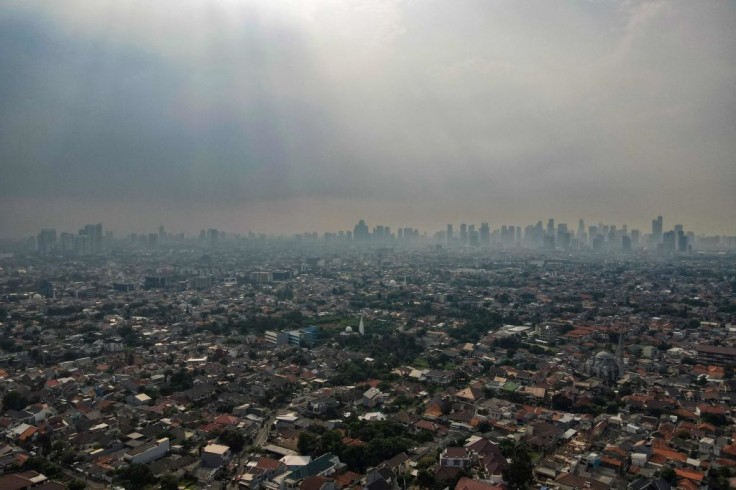
Air pollution may have likely caused the birth of three million underweight babies and six million premature deliveries in 2019, according to a new study from researchers at the University of California, San Francisco (UCSF) and the University of Washington.
In a study on indoor and outdoor pollution across 204 countries, the experts found growing evidence that air pollution is a major factor in the deterioration of the health of infants, raising their risk for neonatal mortality. Children born premature or underweight are also more than likely to develop major illnesses and diseases as they grow and develop.
The experts looked into data from the Institute for Health Metrics and Evaluation (IHME) and determined that the highest rate of preterm and underweight births occur in countries in the sub-Saharan African regions and Southeast Asia, where indoor pollution is rampant.
However, the risk factors are also increasing in developed countries due to outdoor pollution. For instance, in the U.S., outdoor pollution has been attributed to at least 12,000 preterm births in 2019 and 500,000 newborn deaths in developed countries in the same year.
The study's findings were published in the journal PLOS Medicine.
Air Pollution May be Reduced
"Air pollution should now be considered a major driver of infant morbidity and mortality, not just of chronic adult diseases," lead author Rakesh Ghosh, Ph.D., said. He underscored the "enormous" burden of air pollution but emphasized that "sufficient effort" could still mitigate it.
The report comes as the World Health Organization (WHO) has slashed the safe levels of major pollutants commonly used in different industries. The WHO said that seven million people around the world die due to illnesses linked to air pollution. The air quality has gotten so much worse that its health effects could be at par with smoking or a bad diet.
Ahead of the COP26 Summit in November, the WHO said countries that continue to rely on fossil fuels for their economy would suffer the most. The health agency suggested that states should consider cutting emissions and taking action as soon as possible.
The WHO also said that exposure to particulate matters like PM2.5 and PM10 found in fuels, generators, domestic appliances, and cars should be limited if not avoided entirely. Around 80 percent of deaths linked to this particulate matter may be avoided if governments enforce new laws to limit its use. Other chemicals that were singled out include nitrogen dioxide, sulfur dioxide, and carbon dioxide. Pollution may also come from vehicle exhausts, central heating, and chemical use for cleaning, car maintenance, and other necessities.
Air Pollution and COVID-19
Meanwhile, experts in New Zealand said that air pollution reduction might be crucial to curbing the spread of COVID-19, especially in schools. In August 2021, 40 percent of the outbreaks in this island nation were seen across the classrooms as in-person learning resumed.
A typical classroom in New Zealand is damp and poorly ventilated, allowing virus particles to thrive and facilitate transmission. In rooms with poor ventilation, levels of carbon dioxide may also increase. Thus, efforts are now underway to improve the air quality in the classrooms using high-efficiency particulate air (HEPA) filtration units, air cleaners, and going back to basics with natural ventilation.
Related Article: More Babies Born With Congenital Syphilis in 2020, Study Reveals